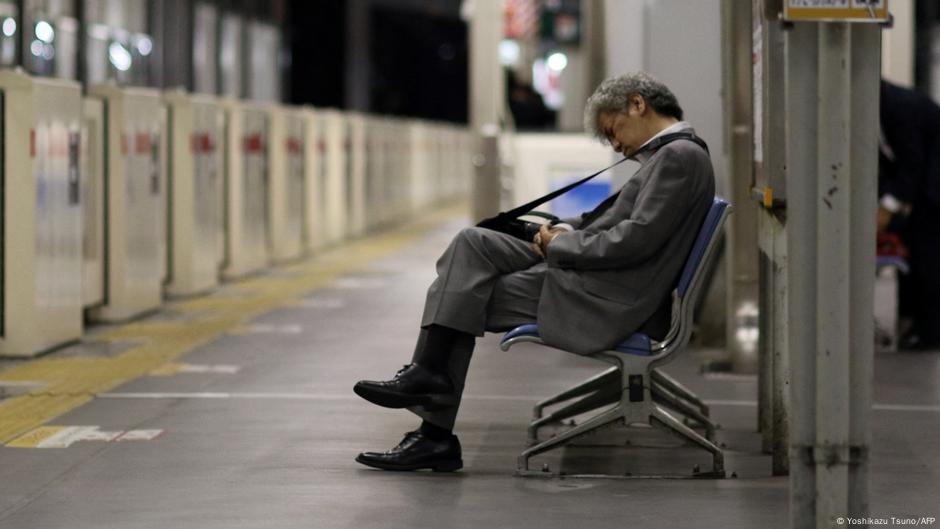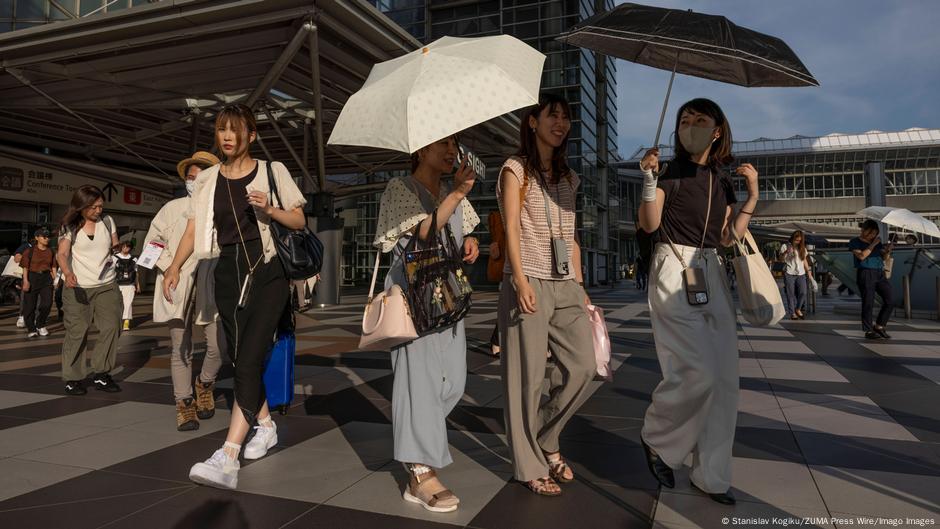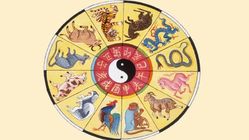This is quite different from what their parents experienced, yet many Japanese individuals in their 20s find satisfaction in choosing a more balanced lifestyle over pursuing higher salaries and advanced careers.
In a country where dedication and unwavering commitment to one’s workplace have traditionally been hallmarks of national culture, increasing numbers of Japanese individuals are opting for “quiet quitting.”
Support kami, ada hadiah spesial untuk anda.
Klik di sini: https://indonesiacrowd.com/support-bonus/
The phrase initially created in the U.S. in 2022 refers to individuals who opt out and only perform the absolute essentials at their workplace.
“quiet quitting”
Has adopted a somewhat distinct connotation in Japan — a sense that could likely cause throngs of hardworking “salarymen” to recoil.
An increasing number of people in Japan are opting to arrive at their workplace precisely when required and depart immediately after their shift ends.
They do not seek recognition or advancement from their superiors. The possibility of increased compensation does not interest them if it entails more responsibilities, and they remain unmotivated even when offered performance-based incentives.
Support us — there's a special gift for you.
Click here: https://indonesiacrowd.com/support-bonus/
A study involving 3,000 workers between the ages of 20 and 59, carried out by the Mynavi Career Research Lab—a job market analysis firm based in Tokyo—revealed that approximately 45% report engaging only in the minimal required work. Notably, individuals in their twenties were found to be the group most prone to acknowledging this behavior as “quiet quitting.”
The search for additional personal time
Many factors explain why Japanese employees are no longer as dedicated to their organizations as they once were.
For 26-year-old Issei, the response is clear-cut: He desires additional time to engage in activities he loves.
“I don’t despise my job, and I understand that working is necessary for me to cover my rent and expenses,” explained Issei, requesting anonymity regarding his last name. “However, I’d prefer spending time with friends, exploring new places, or enjoying live music.”
He stated, ‘I realize my grandfather and his era’s perspective was that they had no option except to put in considerable effort and increase their earnings, yet this line of reasoning is foreign to me.’
In my opinion, it’s wiser to strike a balance between work and personal activities outside the office, and I suspect many of my friends share this view.

The research from Mynavi indicated that having additional personal time was the main reason why many individuals confessed to practicing what is known as “quiet quitting.”
Some expressed that they felt the effort they were exerting matched their compensation, indicating satisfaction with their workload and still experiencing a sense of achievement from their job.
Some mentioned they were merely putting in the least amount of effort required because they believed their efforts weren’t recognized or valued within the company, and thus had no desire for promotions or career progression.
Many younger individuals witnessed their parents dedicate themselves entirely to a corporation, working countless extra hours and essentially abandoning personal life,” explained Sumie Kawakami, a social sciences professor at Yamanashi Gakuin University and an accredited career counselor. “This realization has made them decide against pursuing such a path for themselves.
“Previously, employers offered a decent salary along with benefits, ensuring employees remained loyal to the same firm from start to finish through their retirement,” she explained.
“However, those conditions have changed; businesses are now focused on reducing expenses, not all employees are employed under full-time contracts with salaries, and bonuses are not as substantial as before,” she explained.
Not putting everything into the company anymore.
She mentioned that people see this and don’t feel compelled to make sacrifices for the company.
Attitudes have shifted due to the limitations brought about by the coronavirus pandemic, leading some individuals to reassess their priorities.
emerging cohort of younger grown-ups
Kawakami mentioned, “I began finding it challenging to embrace the idea of a lifelong pledge to just one corporation.”
Professor Izumi Tsuji from Chuo University in Tokyo, who specializes in the sociology of culture, mentioned that his interactions with younger individuals have resulted in similar findings for him.
He noted that there has been a significant shift in how younger individuals and those around his age group, who are in their 50s, view employment.
“Previously, employees exhibited great loyalty towards their employers, logging in extensive work hours, contributing unpaid overtime, and refraining from seeking employment elsewhere,” he stated.
As compensation, they and their families received support until retirement.
He stated that today’s youth aspire to “focus more on their interests, experience greater freedom, and achieve a healthier equilibrium between work and personal life.”
Tsuji views this transformation as a positive development following years of rigorous expectations imposed on employees by Japanese corporations.
Tsuji stated that it must be a positive development.
In earlier times, people were overly devoted to their workplaces, leaving them little personal time beyond work hours. Nowadays, with significantly increased leisure time, individuals might contribute more to economic growth through higher spending. Alternatively, this extra time could enable them to find partners and start families, which is crucial since the population is declining.
Death by overwork
Kawakami provides an additional rationale for why “quiet quitting” represents a positive change for countless Japanese workers.
“I appreciate this shift since previous cohorts of employees put in an effort exceeding 150 percent for their organizations, yet the cost they incurred was ‘karoshi,’” she explained, referring to the Japanese term for mortality due to excessive labor.
In 1998, Japan recorded 32,863 suicides, largely attributed to extremely long work hours and intense job-related stress. This number stayed over the 30,000 mark for an additional 14 years before starting to decrease steadily. By 2024, the suicide toll had dropped to around 20,320 individuals, marking this as the second lowest count since records began in 1978.
“Young people
no longer believe they have limited options
However, choosing to remain in a position where one is discontented or dedicating more time to personal well-being leads to individuals who are ultimately happier,” Kawakami stated.
Editor’s Note: If you’re experiencing severe emotional distress or contemplating suicide, please seek immediate professional assistance. Regardless of your location globally, details on accessing such support can be found on this website:
Edited by: Keith Walker
Author: Julian Ryall (based in Tokyo)





